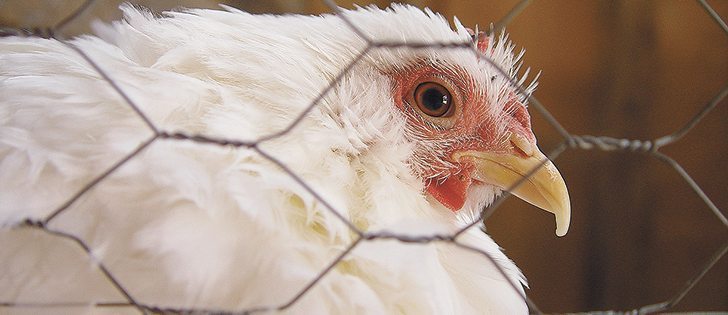Animal welfare organizations are disputing the findings of a study that concluded cage free hens are twice as likely to die of cannibalism and pecking than hens in caged systems.
They say the three-year University of California study, which was released last April, wasn’t a fair comparison between cage free and caged housing.
The experiment was done at a farm in the U.S. Midwest that was unfamiliar with cage-free methods and may not have known how to manage the free-run flock.
“As an example of what this means, imagine if you evaluated the results of a new franchisee who’s never run a McDonald’s before to someone who’s been running McDonald’s locations for a career,” said Sayara Thurston, campaign manager for Humane Society International in Canada.
Read Also

Feds propose overhaul of chronic wasting disease control program
Chronic Wasting disease control program getting updated by Canadian Food Inspection Agency with feedback encouraged from producers.
“Which is to say, the issues seen in the (UC Davis) study were primarily management-related, not inherent to the system, as they are with cage housing.”
Compassion in World Farming also disputed the study. The group acknowledged that hen mortality was twice as high in the free-run system than in enriched cages, but it blamed those results on poor management and lack of space.
Free-run hens in the study had only 144 sq. inches of space per bird, which wasn’t considered enough to prevent fighting.
“A minimum of 216 sq. inch per hen must be allocated to allow for normal behavior,” the group said.
“In the EU, the legally required minimum space allowance for (cage-free) systems is 172 sq. inch of space per bird. Offering only 144 sq. inches … could have contributed to the higher mortality, pecking, failed landings, and other problems observed in the aviary flocks.”
Discussions over the validity of this study are likely academic at this point because major retailers and restaurant chains, including McDonald’s and Loblaw’s, have committed to buying cage free eggs in the future.
Walmart announced April 5 that it would sell only cage-free eggs by 2025. Since Walmart is the largest grocer in the United States, its decision effectively ends the debate and will force egg farmers to switch to open housing, the Humane Society of the United States said on its website.
“(This) announcement with Walmart … provides the closing argument on the era of battery-cage confinement.”
















